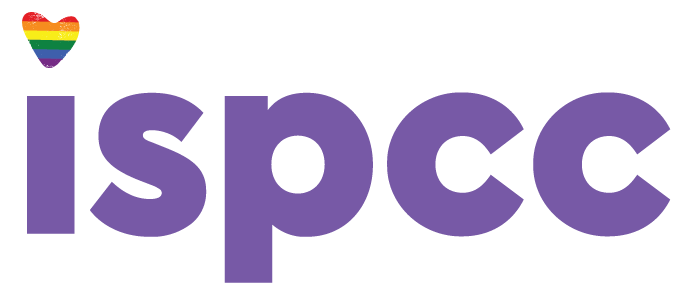
According to a recent survey of Irish secondary school students aged between 15 and 18, 44% have been asked to send nudes.
However, the students surveyed were far less likely to comply with the request with 76.2% saying they’d never sent such an image.
The term “sending nudes” means the sending of explicit photos via apps such as Snapchat, WhatsApp or other messaging platforms. It has replaced the term “sexting” in recent years.
You might be wondering why would teenagers take the risk? Teenagers are at a tricky stage of trying to figure out who they are.
As such, they might feel like sending nudes is a way of sexually expressing themselves. They also may feel pressured to do so, either by the person they’re sending the nude to or in general from their social circle.
Naturally, there are risks with sending nudes. When someone sends a nude, they are trusting the receiver not to share it around.
If it is circulated, it could be damaging to the person’s reputation and as with everything online, it can be difficult to remove.
Legal issues
Under Irish law, anyone sending or distributing explicit content of someone under the age of 18 is illegal. Even if the person themselves has taken it, it is considered child abuse imagery.
There is also the issue that the person receiving those nudes may take them and share them without the person’s permission.
This act, commonly known as “revenge porn”, which is actually called image-based sexual abuse, is now illegal in Ireland under a law known as Coco’s Law.
The ISPCC does not advocate the use of the term ‘revenge porn’ as it diminishes the effect this image-based abuse can have on the person impacted.
If you’re concerned that your child may be sending nudes, there are some things you can do:
- Address it head-on
Have a frank conversation with your child. Remind them of the laws outlined around sending nudes.
- Avoid being judgemental
Explain that there may be unforeseen consequences for them such as people sharing the nudes without their permission. Try to communicate this from a viewpoint of concern rather than judgement.
- Let them know you’re there whenever they’re ready to talk
Remind them that if they have any worries, they can always talk to you about this and they will not be in trouble. Your child may not tell you anything straight away but they may come back to talk to you about it later on.
- Reporting image-based sexual abuse
If your child has experienced image-based sexual abuse, you can report it to An Garda Síochána.
Make sure to take a screenshot of the offence before complaining to the platform where the nude has been posted. There are also a number of services and helplines available to you.
Points to Consider
- “Sending nudes” means the sending of explicit photos via apps such as Snapchat, WhatsApp or other messaging platforms.
- Image-based sexual abuse (also known as revenge porn), is now illegal in Ireland under a law known as Coco’s Law.
- Under Irish law, anyone sending or distributing explicit content of someone under the age of 18 is illegal. Even if the person themselves has taken it, it is considered child abuse imagery.
- If your child has been a victim of image-based sexual abuse, you can report it to the Gardaí. Make sure to take a screenshot of the offence before complaining to the platform where the nude has been posted.
